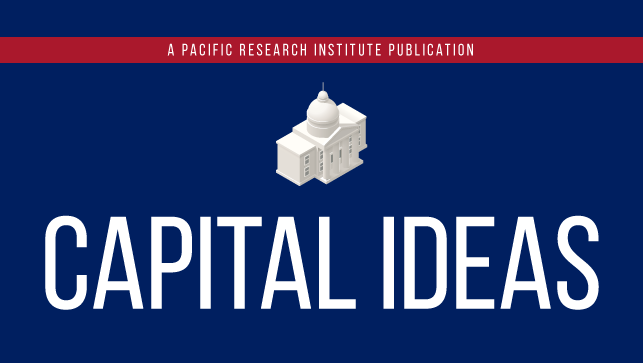The same city that requires employers to pay workers at least $16.32 an hour, far more than twice the federal minimum wage, also limits how much some businesses can charge for their services. It’s enough to send some companies seeking relief from the court system.
Two have done just that. DoorDash and Grubhub are suing the city of San Francisco over a resolution approved in June that caps food delivery fee commissions at 15% per order. It’s a permanent ceiling that grew out of a temporary order put in place in April 2020 after some restaurants complained about the fees. The purpose, according to Supervisor Aaron Peskin, is “to protect independent restaurants from the exploitative and predatory practices of third-party food delivery apps that seek to extract wealth from our local economy.”
Yet again we have another instance of policymakers believing they know the correct prices on everything from goods to services to labor. It’s an arrogant position born of ignorance – as well as an addiction.
San Francisco’s policy is more likely to drive DoorDash and Grubhub out of the city than it is to stop any “exploitative” practices. Businesses aren’t charities and can’t exist without profits. In some cases, even slim profit margins aren’t enough to keep an enterprise afloat. Should those app-based companies pull their operations from San Francisco due to political meddling, there will be no winners. Consumers, restaurants, and the delivery drivers who use the apps would all lose.
Rutgers economics professor Hugh Rockoff says that while “the appeal of price controls is understandable … they fail to protect many consumers and hurt others.”
“Controls,” he continues in an essay for The Library of Economics and Liberty, “hold out the promise of protecting groups that are particularly hard-pressed to meet price increases.” Yet in the end, “they distort the allocation of resources.”
Corrupting market mechanisms through price controls is pervasive in California. A few prime examples come to mind right away. Rent control restricts the supply of housing and increases cost; above-market government-imposed minimum wages boost unemployment and hurt business profits; price ceilings on toilet paper caused shortages during the pandemic last year; and caps on the retail price of electricity were direct contributors to the 2000-2001 energy crisis. As Nobel-winning economist Milton Friedman said, if “you want a shortage,” all that’s needed is for the government to “legislate a maximum price that is below the price that would otherwise prevail.”
PRI’s Tim Anaya warned a month ago that restaurants and their customers should beware of government offering “help” in the food delivery services industry. And, let’s add, providers and consumers in every other sector should be wary, too. Whole economies and targeted markets that are planned and/or manipulated by lawmakers and bureaucrats benefit only a few at the expense of many.
Kerry Jackson is a fellow with the Center for California Reform at the Pacific Research Institute.

